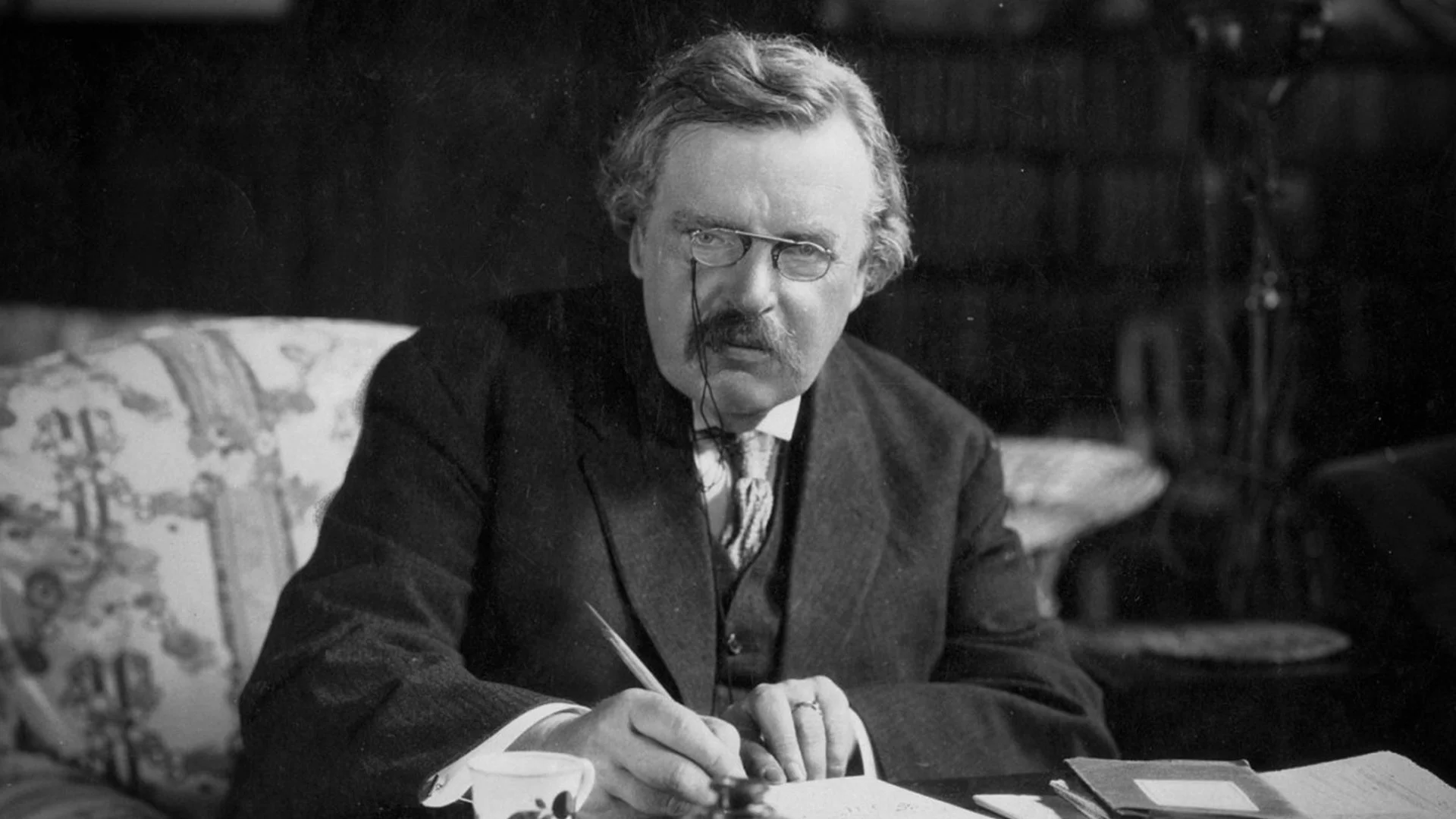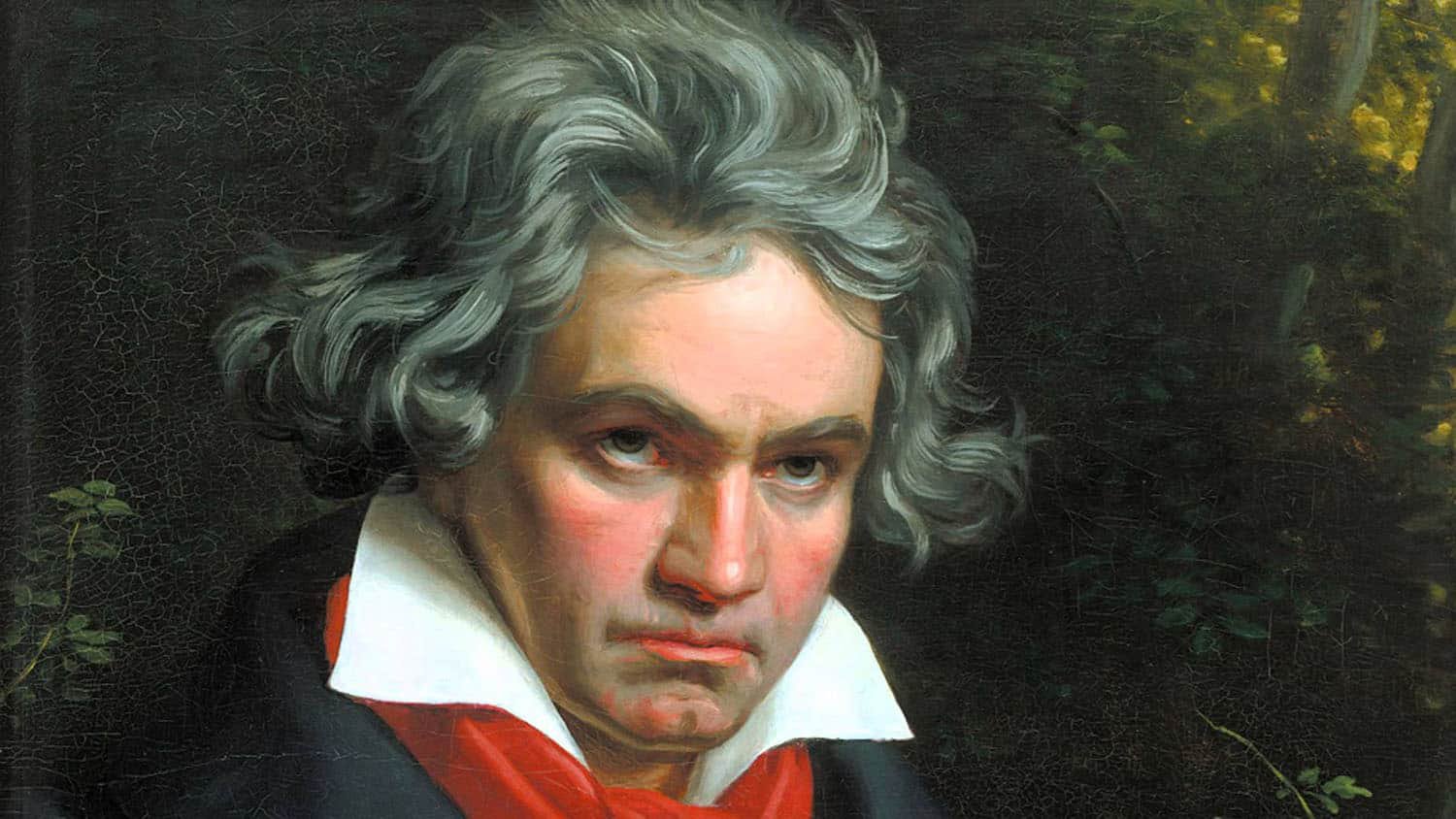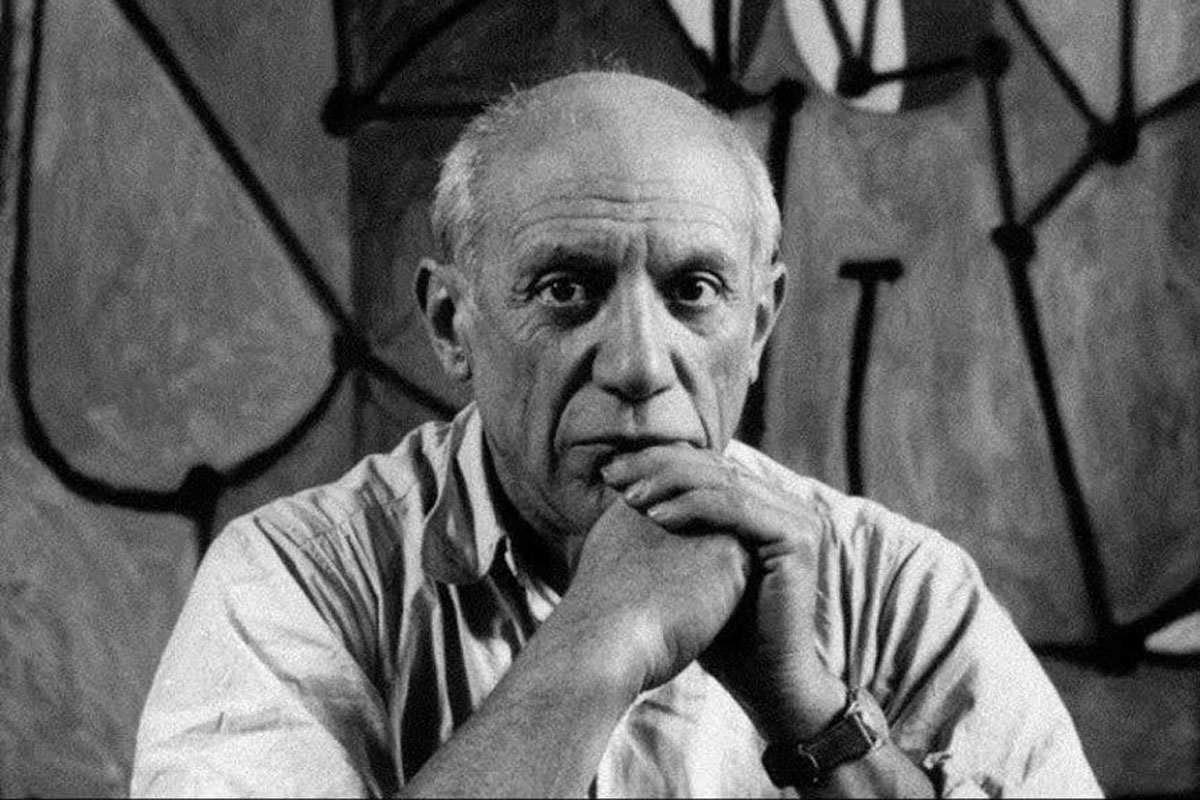This series of articles seeks to examine the character attributes of highly successful leaders, regardless of their adherence to a strong faith or moral standard. In presenting these thoughts, Leadership Ministries is not agreeing with or advocating these traits or practices, but rather presents these as ideas for discussion and development in your own leadership journey.
If you’ve never heard the term polymath, it’s a person whose knowledge spans a number of disciplines and gives him or her the ability to contemplate and solve very complex problems. Benjamin Franklin (1706-1790) was a writer, scientist, inventor, stateman, politician, diplomat, printer, publisher and philosopher—the very definition of a polymath. He was one of the leading intellectuals of his time, and in his role as one of the Founding Fathers of the United States, provided both inventions and institutions we still enjoy today.
Bifocal glasses, lightning rods, Poor Richard’s Almanac, swim fins, the United States Postal Service, population demographics, the charting of the Gulf Stream, the first experiments in refrigeration, the first recorded pro/con list in decision-making—these are just a few of Franklin’s broad range of contributions to modern society. He was also a university president. And forged a diplomatic relationship with France that led to that nation to aid in the American Revolution. He played the violin, the harp and the guitar, and also composed music. He is the only person to have signed the Declaration of Independence in 1776, Treaty of Alliance with France in 1778, Treaty of Paris in 1783, and U.S. Constitution in 1787.
Have initiative. Franklin was frequently one to venture out first to solve a given problem, forge a relationship or experiment to find new knowledge. Interestingly he is sometimes credited with the quote, “God helps those who help themselves,” which he included in Poor Richard’s Almanac. This is not biblical, as God gives help and mercy to those who cannot help themselves, personally or spiritually, but it reveals the self-reliance and initiative that was a hallmark of Franklin’s character. Perhaps a better quote on this topic from Franklin is his statement, “He that is good at making excuses is seldom good at anything else”. He had a rigid routine, waking early, taking a two-hour lunch, and quitting at 5:00 p.m., which provided him two concentrated four-hour bursts of effort daily.[1] In the morning he asked himself, “What good shall I do this day?” And he ended the day by asking himself, “What good have I done today?”
Ben Franklin completed his glass armonica in 1761. The musical invention became one of the most celebrated instruments of the time, with composers like Beethoven and Mozart writing pieces for it.
Determined to devote himself to public service, Franklin retired from business at age 42. Following this he became a councilman, justice of the peace, assemblyman, stateman, ambassador and postmaster and was awarded honorary doctorates for his scientific research. How did he retire so early? Franklin decided in early adulthood that investing his income in real estate would be wise and make him rich. He acquired property in Massachusetts, Ohio, Georgia and Nova Scotia. By his mid-30s he was one of the colonies’ wealthiest men.[2]
Persuasion versus power. Franklin dealt with people all across the political and scientific spectrum. Whether negotiating a treaty or discussing a new scientific finding, Franklin engaged his counterparts with respect, persuading them toward his thought line and being persistent until he convinced them to follow. Franklin was excellent at gaining trust and confidence. He once wrote, “He that would live in peace and at ease, must not speak all he knows or judge all he sees.”
Franklin probably honed his persuasion and peacemaking abilities growing up in a large family—after all, he had sixteen siblings! Benjamin was the fifteenth of the children, and the youngest son. Early on he would pick arguments with his brothers and sisters and others to make his opinion known. But after reading about how the philosopher Socrates changed people’s minds with simple questions, Franklin began speaking with less certainty, and asked more questions as a “humble inquirer and doubter.” He says this indirect approach caused a lot of his later success in politics and public influence.[3] Following the Revolutionary War it was Franklin who negotiated the peace treaty with Britain.
Franklin was a prolific writer, and authored parts of both the Declaration of Independence and the Constitution.
Read. Everything. Though he went to grammar school from ages 8-10, most of Franklin’s knowledge came from his voracious appetite for books. He wrote, “From a child I was fond of reading, and all the little money that came into my hands was ever laid out in books.” Two volumes that made a tremendous impact on him at an early age were Pilgrim’s Progress by John Bunyan and Parallel Lives by Plutarch. Franklin would read a news article several times, and then after a few days, attempt to rewrite it from memory. In this manner he also became a very good writer. By the time he was an adult his reading more than made up for lack of formal education, and gave Franklin vast knowledge in the arts, history, sciences, politics and society.
In Franklin’s hometown of Boston there were no lending libraries. There were bookstores but at that time books were very expensive. At age 12 Franklin began an apprenticeship at a local printer owned by his brother James. In the print shop Franklin met citizens who had private libraries in their homes. He made friends with them and borrowed their books. Additionally he read books that were freshly printed at his brother’s print shop. At the end of a workday, Benjamin would take the new books home with him and stay up all night reading. The next day, he handed them over to customers, none the worse for wear.[4]


































Frank Winfield Woolworth was an American entrepreneur, and founder of the F. W. Woolworth Company. He pioneered the retail variety stores which featured low-priced merchandise selling for 5 and 10 cents.